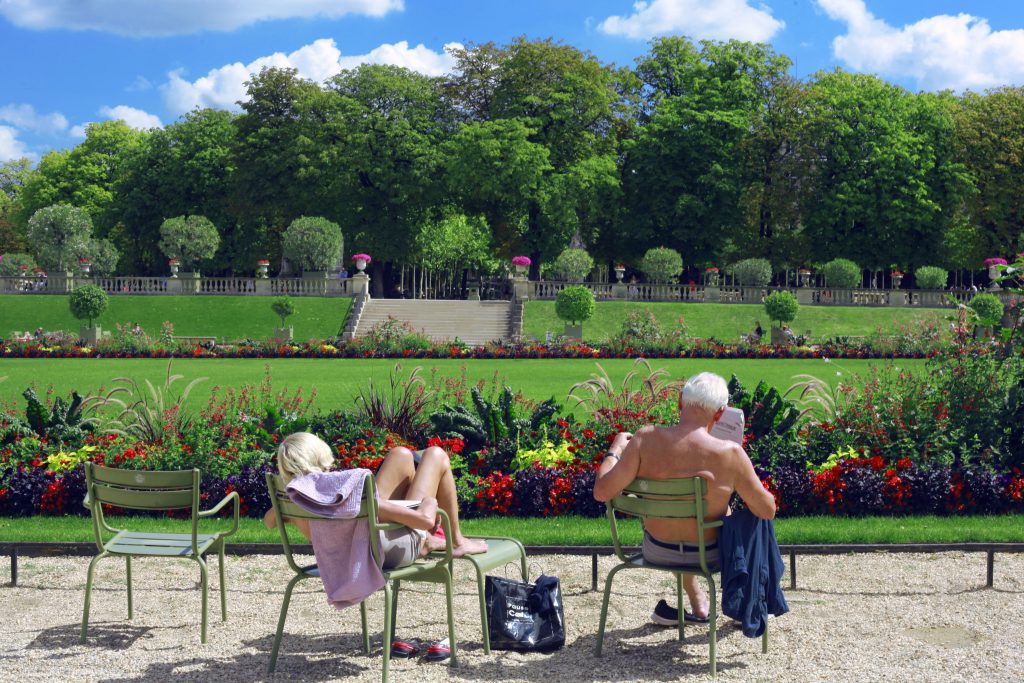The government wants people to stay away from parks. Two Labour MPs are saying that’s unfair.
So much for April showers. As the UK enters its third week of lockdown, weather forecasters promise days of sunshine and temperatures of 22 degrees. Government officials are worried this is going to tempt people to break isolation and go outside. Various beauty spots and seaside resorts have asked visitors to stay away, and some London parks have closed or are being patrolled by police moving on sunbathers and BBQers.
Health Secretary Matt Hancock said that people who aren’t following this advice are “risking [their] own lives and the lives of others”. But the new Labour deputy leader, Angela Rayner, suggested that the government isn’t considering inequalities in housing standards. “It’s all right for people who have got big houses and huge back gardens” to avoid sunbathing in parks, she said, but what about people “stuck in inadequate accommodation”? Harriet Harman, another Labour MP, echoed the sentiment on Twitter. “Families in flats with young children need our precious green spaces,” she wrote, adding that rotas might be a better solution for parks than closure.
Both are right that not all homes in the UK are created equal. Just over one in ten have no garden (a figure that keeps going up). Homes are also getting smaller and smaller - the Royal Institute of British Architects reckons new-build properties in the UK are not only the smallest in Western Europe but also don’t generally meet their guidelines for adequate living space.
It’s also true that certain groups are more likely to live in these types of accommodation than others, including city-dwellers and those who are less well-off. These people are also disproportionately likely to be young and/or members of ethnic minorities. About three percent of the UK population lives in overcrowded housing, but that figure is dominated by people in the lowest income bracket (7 percent of whom don’t have enough space in their home) and younger generations (about one in ten people in their late 20s live in overcrowded accommodation).
Going outside - and particularly going into green spaces - is well known to have lots of physical and mental health benefits. Shutting off access to parks and beauty spots will therefore have a disproportionately negative effect on groups of people who are already less well off than average. But the real question here is how we should compare these costs against the potential benefits of strict social distancing in the time of quarantine. The answer to that will vary from person to person, depending on things like their personal values and how they assess various risks.
Read our explainer on: economic inequality.

